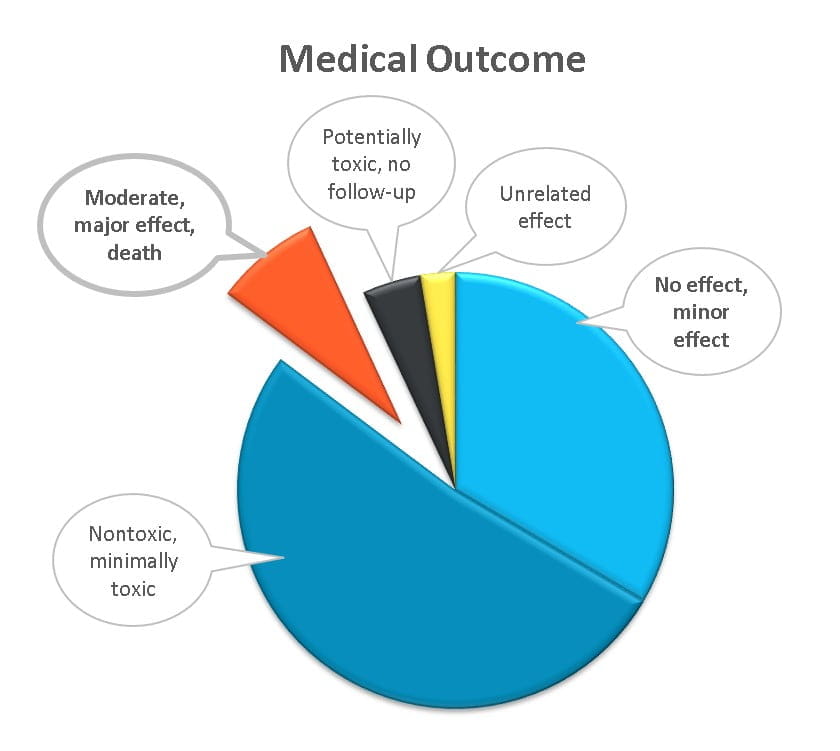
Are Chemical Hair Straighteners Safe?
Some hair-straightening products contain formaldehyde, a chemical that has been associated with short-term and long-term health problems. The Food and Drug Administration (FDA) is currently considering banning formaldehyde-based hair-straightening products because of safety concerns.













